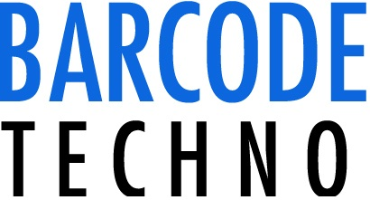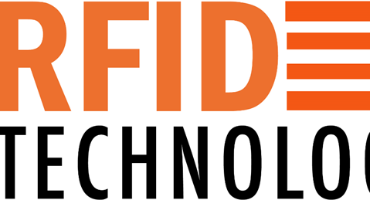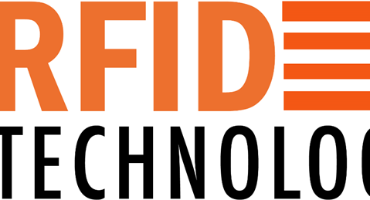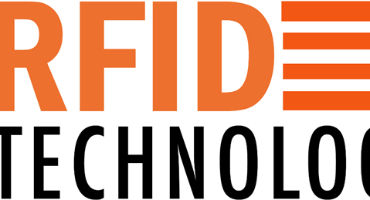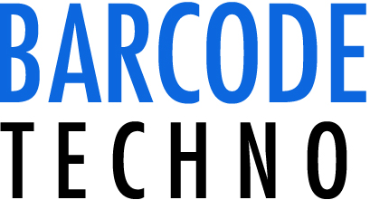We aim to offer our customers best value and prices, with fast delivery.
Here are a few potential benefits that businesses could experience by using these technologies:
Improved efficiency: Barcodes and RFID can help automate inventory management and data collection, reducing the need for manual data entry and minimizing the risk of errors. This can save time and improve accuracy, allowing employees to focus on other tasks.
Better inventory control: By using barcodes or RFID tags to track inventory, businesses can gain better visibility into their stock levels, which can help them make more informed purchasing and stocking decisions. This can help reduce waste, avoid stockouts, and optimize inventory levels.
Enhanced security: Barcode and RFID technologies can be used to track and authenticate products or assets, which can help prevent theft or counterfeiting. They can also be used to monitor access to certain areas or assets, improving overall security.
Streamlined processes: By automating certain processes with barcode or RFID technologies, businesses can eliminate some of the manual steps that can slow down operations. This can help improve overall efficiency and reduce costs.
There may also be challenges and considerations to keep in mind when implementing these technologies, such as the need for training and integration with existing systems. But overall, it seems like Barcode Technologies is offering a valuable set of tools for businesses looking to optimize their operations.
How has mobile handheld computers with WiFi and 4G and 1D & 2D barcode scanner has changed and enhanced global economy ?
Mobile handheld computers with WiFi and 4G connectivity, combined with 1D and 2D barcode scanners, have had a significant impact on the global economy by improving the efficiency and accuracy of business operations across a variety of industries. Here are a few examples of how these technologies have changed and enhanced the economy:
Retail: Mobile handheld computers with barcode scanners have revolutionized the retail industry. Retailers can use these devices to scan barcodes on products to track inventory levels, update pricing, and process sales transactions. By automating these processes, retailers can reduce errors, save time, and improve customer service. This has led to increased sales and profits for retailers and has also created more jobs in the retail sector.
Logistics and Supply Chain: Mobile handheld computers with barcode scanners have made it easier and more efficient to track inventory and shipments throughout the supply chain. With real-time access to inventory data, logistics companies can optimize their operations and reduce waste. This has led to faster delivery times and lower costs for consumers.
Healthcare: Mobile handheld computers with barcode scanners have improved patient safety and streamlined operations in the healthcare industry. Healthcare providers can use these devices to scan patient wristbands and medication barcodes, ensuring that patients receive the correct medications and dosages. This has reduced medication errors and improved patient outcomes.
Manufacturing: Mobile handheld computers with barcode scanners have made it easier for manufacturers to track inventory and production processes. By scanning barcodes on raw materials, work-in-progress, and finished goods, manufacturers can improve inventory accuracy, reduce waste, and optimize production schedules. This has led to increased productivity and profitability in the manufacturing sector.
Mobile handheld computers with WiFi and 4G connectivity, combined with 1D and 2D barcode scanners, have helped businesses in a variety of industries to improve their efficiency and accuracy. This has led to increased productivity, reduced costs, and improved customer service, which has helped to enhance the global economy.
How RFID technology with complete change better than barcode technologies
RFID (Radio Frequency Identification) technology has several advantages over barcode technologies, which can lead to significant improvements in efficiency and productivity and better visibility for businesses.
Here are a few ways in which RFID technology is superior to barcode technologies:
Faster and more automated data collection: Unlike barcodes, which must be scanned one at a time with a handheld scanner, RFID tags can be read automatically and simultaneously using RFID readers. This means that RFID technology can collect data much faster than barcodes, and without requiring manual intervention.
Greater accuracy: Because RFID tags don't require a direct line of sight to be read, they are less likely to produce errors than barcodes. Additionally, RFID technology can detect tags even if they are damaged or dirty, which can help improve accuracy in challenging environments.
Greater flexibility: RFID tags can be embedded in a wide variety of materials, including metal and liquids, which makes them more versatile than barcodes. This flexibility allows RFID technology to be used in a wider range of applications, such as tracking items in harsh environments or monitoring the flow of liquids through pipes.
Improved inventory management: Because RFID technology can collect data automatically and in real-time, it can provide businesses with a more accurate and up-to-date picture of their inventory levels. This can help businesses optimize their inventory management and reduce waste.
Enhanced security: RFID technology can be used to track and authenticate products or assets, which can help prevent theft or counterfeiting. Additionally, RFID technology can be used to monitor access to certain areas or assets, improving overall security.
RFID technology can provide businesses with faster, more accurate, and more flexible data collection capabilities than barcode technologies. While RFID technology may require a larger upfront investment than barcode technologies, the potential benefits of improved efficiency, productivity, and security can make it a worthwhile investment for many businesses.
What are the return of Investment (ROI) using RFID technology compared to Barcode technologies
The return on investment (ROI) of using RFID technology compared to barcode technologies can vary depending on the specific application and industry. However, RFID technology can often provide a higher ROI than barcode technologies due to its greater efficiency, accuracy, and flexibility.
Here are a few examples of how RFID technology can provide a higher ROI than barcode technologies:
Inventory Management: RFID technology can provide real-time, automated inventory tracking, which can significantly reduce the time and labor required for manual inventory management. RFID technology can also help prevent stockouts and overstocking, which can lead to cost savings and increased sales.
Asset Tracking: RFID technology can be used to track high-value assets, such as equipment or vehicles. This can help prevent loss or theft of assets and reduce the need for manual tracking, resulting in cost savings and increased efficiency.
Supply Chain Management: RFID technology can provide greater visibility and control over the supply chain, helping to reduce errors and inefficiencies. RFID technology can also help businesses meet compliance requirements and reduce the risk of product recalls.
Security: RFID technology can be used to improve security by tracking and authenticating products or assets. This can help prevent theft, counterfeiting, and other forms of fraud, which can result in significant cost savings.
Enterprise Businesses that require frequent or high-volume data collection, such as those in the retail, healthcare, logistics, and manufacturing industries, may benefit from investing in RFID technology. While the upfront costs of RFID technology may be higher than barcode technologies, the potential cost savings and efficiency gains over time can result in a higher Return of Investment (ROI).

